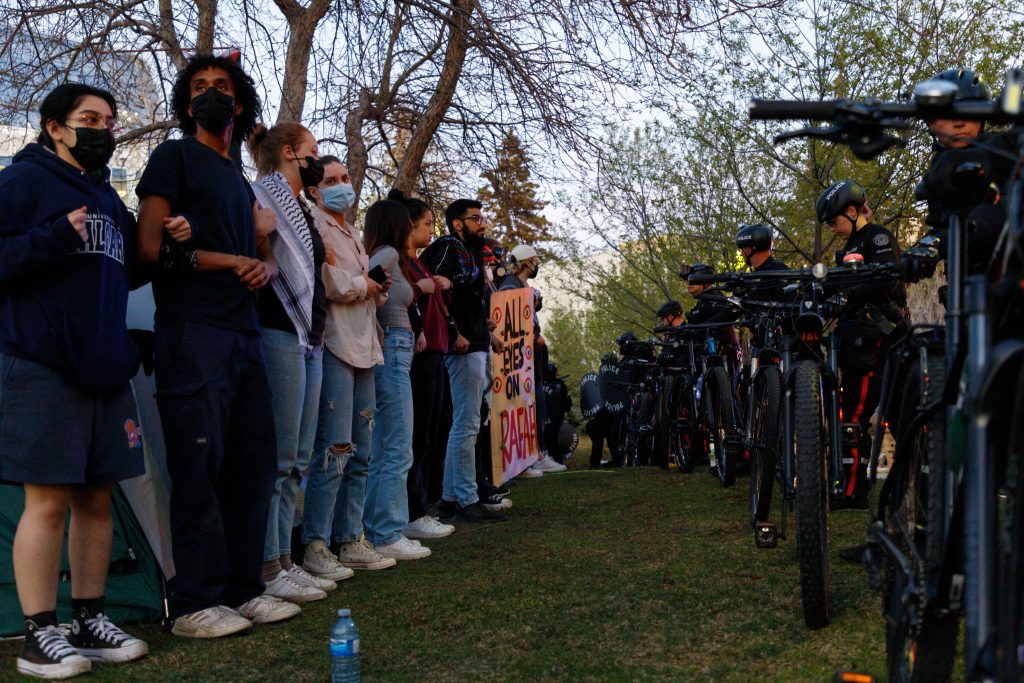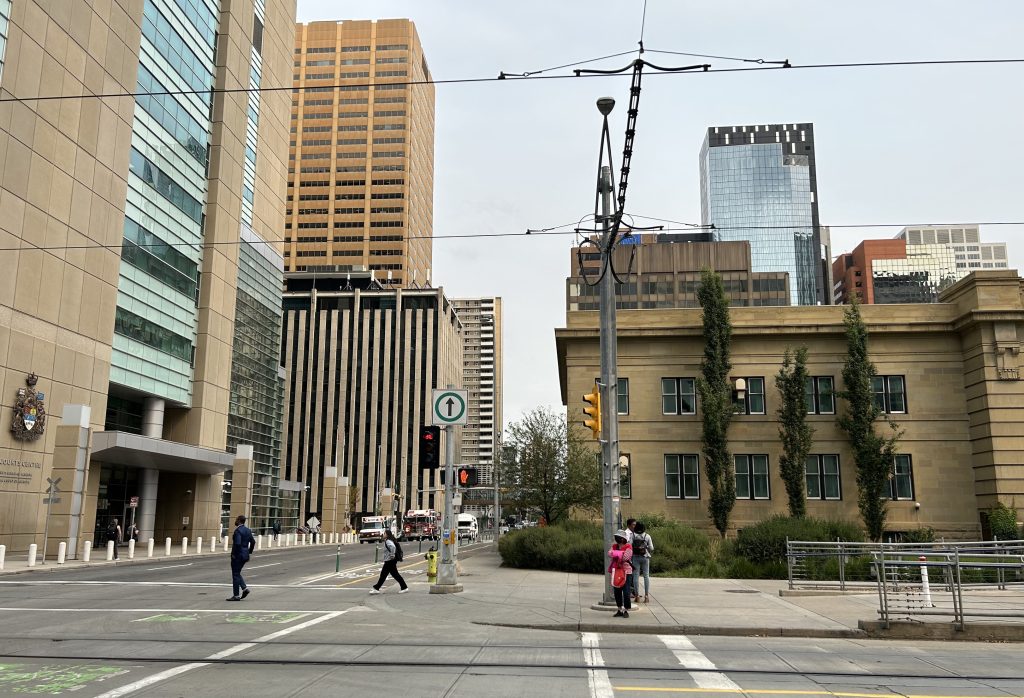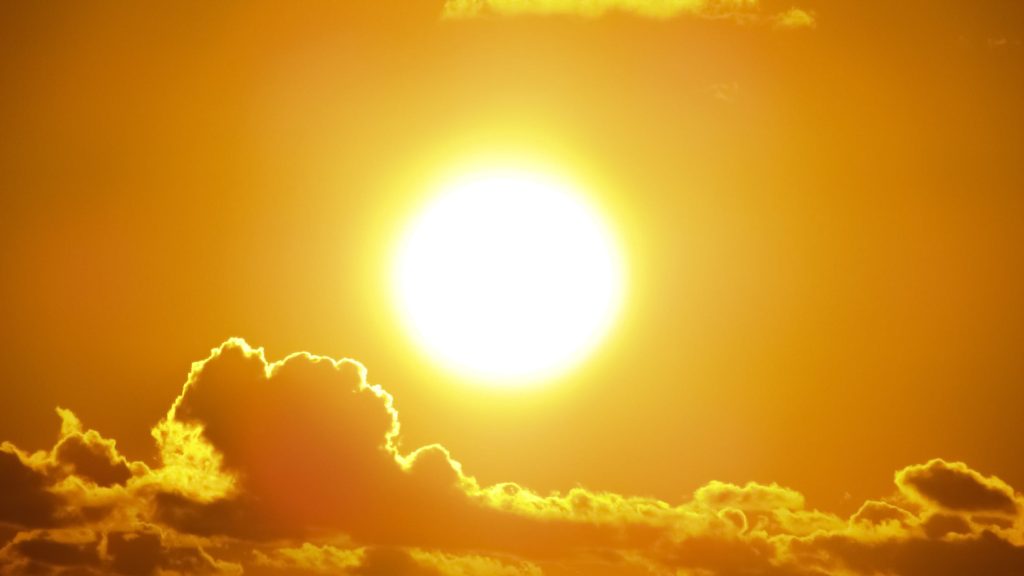Harper heads into twin international summits focusing on economy, Afghanistan
Posted May 17, 2012 8:50 pm.
This article is more than 5 years old.
OTTAWA – Canada heads into a pair of twin international summits this weekend committed to staying the current course in Afghanistan — but staying mum on next steps.
G8 leaders meet at the lush presidential retreat of Camp David beginning Friday, before moving on to Chicago for meetings of the North Atlantic Treaty Organization.
At both meetings, the future of Afghanistan will be on the table, both in economic and security terms.
An estimated $4.1 billion is believed to be required to sustain Afghan security forces after the international military presence in the country ends in 2014 and the U.S. doesn’t want to be stuck with the bill.
Australia, Great Britain and Germany have already opened their wallets but Canadian officials have been coy on to what extent Canada will follow their lead.
Canada’s objectives for Afghanistan are clear, said Andrew MacDougall, a spokesman for the prime minister.
“We want progress towards a state that is not a threat to global security and one that is able to take care of its own security,” he said.
“So we do expect a good discussion on how best to achieve that. The government is still considering its options.”
MacDougall wouldn’t comment on reports that Canada has been asked to leave some special forces in Afghanistan after 2014.
That’s the end date for the international military mission in the war-torn country and the current end point for Canada’s military support in the form of trainers for Afghan security forces.
Canada originally committed to sending 950 soldiers to help train Afghan forces but those numbers are beginning to dwindle as the Afghan military begins to be able to take care of itself.
“We only do it when the institutions are ready to stand on their own feet so it is absolutely a metric of success,” said Gen. Mike Day, the deputy commanding general of the NATO Training Mission in Afghanistan, in a recent interview with The Canadian Press.
While Afghanistan will command a great deal of attention at the summits, the major focus of the G8 meetings will be Europe’s precarious financial position.
MacDougall said Canada’s doesn’t intend to tell the Europeans how to manage their economic affairs but promised the prime minister will “speak his mind” when it comes to telling them that they need to get their debt problems under control.
“We need to get on top of this before the effects spill out into the broader global economy which would have impacts here,” MacDougall said.
The focus on the economy marks a shift for the G8 leaders, said John Kirton, director of the G8 Research Group out of the University of Toronto.
In years past, the much broader G20 group has taken the economy as its focus, while the G8 has dealt with issues of global security and development.
But the European countries at the heart of the G8 are mindful that a deteriorating economic situation could have disastrous political consequences, Kirton said.
What’s on their mind, Kirton said, is that it wasn’t just the depression of the 1930s that was the problem for Europe, but the rise of extreme right-wing politics that followed.
“They have a very imminent sense of history,” Kirton said of the current European leadership.
“They don’t want the Greeks or the Hungarians or others to lurch to the right in the wake of economic devastation.”
The G8 meetings will also mark the introduction of new French President Francois Hollande to the global diplomatic circuit.
It’s expected Harper will have a one-on-one meeting with Hollande as Canada and the EU continue to work toward a free-trade deal.










